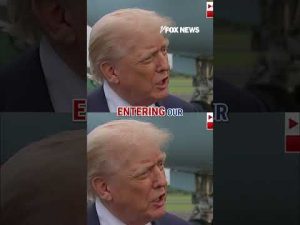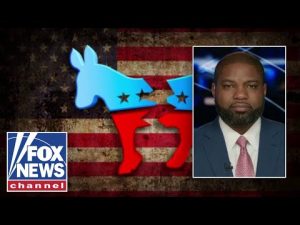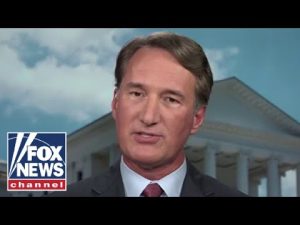The ongoing discussions around the Obama administration’s intelligence assessments during the 2016 election cycle have reignited a contentious debate. Notably, these discussions suggest that President Obama and his national security team may have engineered a narrative that they knew to be false — one that accused Russia of interfering in the election to bolster Donald Trump’s campaign. This allegation points to a deeper concern: a possible orchestrated campaign to undermine the integrity of the incoming Trump administration.
Evidence has surfaced that the Obama administration, particularly from the summer of 2016 onward, sought to frame Trump and his associates as being in league with Russian operatives. Such attempts not only cast a shadow over Trump’s victory but also stoked fears among Americans regarding foreign meddling. Accusations have even escalated to claims of treason against Obama, suggesting that such actions could be described as a coup against the will of the electorate. This raises significant questions about the motivations behind these intelligence assessments and their subsequent dissemination.
If this is indeed true, it implicates the highest levels of the U.S. government in a deliberate attempt to sway public perception and create an unfavorable environment for President Trump’s administration. It is essential to examine the timeline and context of these intelligence reports. The potential for political maneuvering at the expense of national sovereignty must concern all citizens, irrespective of their political affiliations. Furthermore, if serious allegations like treason are being thrown around, clarity, and accountability become paramount. Without prosecution or corroborative evidence, the public is left in a state of confusion and distrust.
Interestingly, the claims aren’t coming from just any source; even leftist figures are criticizing their own party’s narrative surrounding these events. This internal dissent could signal that even those on the left may be growing wary of an overstated narrative. If the accusations of treason are so grievous, one might expect concrete actions to follow. Any reluctance to substantiate such serious claims risks alienating both sides of the political spectrum, making the accusations seem more like a political strategy than a pursuit of justice.
Ultimately, the burden of proof rests heavily on the shoulders of those making grave accusations. The American people deserve more than just tantalizing headlines; they require transparency and accountability. The failure to deliver actual evidence risks perpetuating a cycle of suspicion and division. As the investigation continues, it is crucial that all parties involved focus on a straightforward truth: The integrity of the electoral process and the trust in our leaders must be paramount. Anything less may undermine the faith citizens have in their government, leaving everyone scratching their heads and wondering what, exactly, is the truth.







